Top Class Actions’s website and social media posts use affiliate links. If you make a purchase using such links, we may receive a commission, but it will not result in any additional charges to you. Please review our Affiliate Link Disclosure for more information.
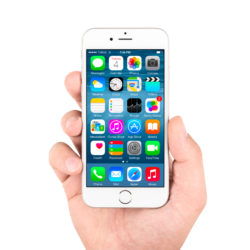
A three-judge panel of the Ninth Circuit determined that, contrary to the district court’s order of dismissal, plaintiffs Robert Pepper, Stephen Schwartz, Edward Hayter and Eric Terrell do indeed have standing to bring their antitrust claims against defendant Apple Inc.
The panel found that the plaintiffs purchased the iPhone apps at issue not from the apps’ developers but directly from Apple via the company’s App Store.
Based on the way Apple has retained control over the apps that run on its iPhones, the panel found, the company acts as a distributor of those apps, not just a collector of payments to be forwarded to app developers.
Since it was Apple that sold the plaintiffs the apps at issue, the panel concluded, plaintiffs have standing to bring this iPhone app antitrust class action lawsuit against Apple.
According to the panel, Apple has set up its iPhone system as a “closed system.” The company retains control over what apps may be run on an iPhone by controlling sales of iPhone apps through Apple’s App Store.
Some of these apps are Apple products, and others were developed by third-party developers. Apple offers third-party apps for sale in the App Store and takes a 30 percent commission on each purchase.
The plaintiffs also argued on appeal that the district court never should have considered the merits of Apple’s standing argument since, technically, the company raised that argument late.
Apple’s statutory standing argument appeared for the first time in its fourth motion for dismissal, the plaintiffs noted, but a court rule requires the company to raise that type of argument either in its first motion for dismissal or not at all.
The panel determined that while Apple may have technically raised this argument late, the error caused no harm that would require the district court to deny the motion.
Plaintiffs filed this iPhone app antitrust in December 2011, accusing Apple of monopolizing the market for iPhone apps and raising several related claims.
Throughout 2012, the litigation underwent consolidation with other antitrust class action lawsuits and several rounds of dismissal and re-filing of claims.
By September 2013, plaintiffs narrowed down their allegations to two specific claims of monopolization against Apple.
Plaintiffs then alleged that they had purchased not just iPhones but also iPhone apps, arguing that those purchases gave them standing to sue over issues related to the apps.
Apple moved to dismiss this round of claims the same month, arguing among other things, that the plaintiffs lacked standing to sue under applicable case law. The district court agreed, and it granted Apple’s motion with prejudice.
Plaintiffs then filed the appeal that is the subject of the current opinion and order from the Court of Appeals.
The plaintiffs are represented by attorneys Mark C. Rifkin, Alexander H. Schmidt, Michael Liskow, Francis M. Gregorek and Rachele R. Rickert of Wolf Haldenstein Adler Freeman & Herz LLP.
The Apple iPhone App Antitrust Class Action Lawsuit is Robert Pepper, et al. v. Apple Inc., Case No. 14-15000, in the U.S. Court of Appeals for the Ninth Circuit.
UPDATE: On June 18, 2018, the U.S. Supreme Court agreed to hear Apple Inc.’s appeal of a 9th U.S. Circuit Court of Appeals ruling reviving a class action lawsuit involving allegations that the company’s App Store practices violated federal antitrust law.
UPDATE 2: On May 13, 2019, the U.S. Supreme Court ruled that Apple must face a class action lawsuit claiming it monopolizes the iPhone app market.
UPDATE 3: On June 27, 2019, a federal court judge said she is thinking about relating two cases which are similar in nature, both accusing Apple of monopolizing the distribution of applications in its App Store.
ATTORNEY ADVERTISING
Top Class Actions is a Proud Member of the American Bar Association
LEGAL INFORMATION IS NOT LEGAL ADVICE
Top Class Actions Legal Statement
©2008 – 2024 Top Class Actions® LLC
Various Trademarks held by their respective owners
This website is not intended for viewing or usage by European Union citizens.




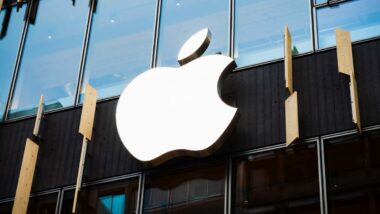
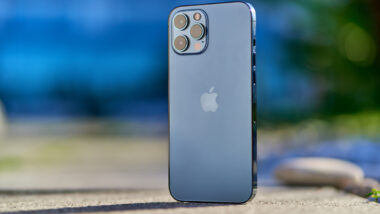





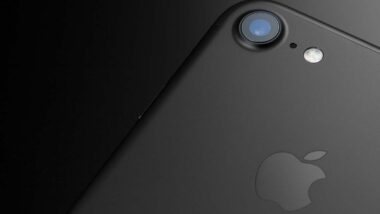
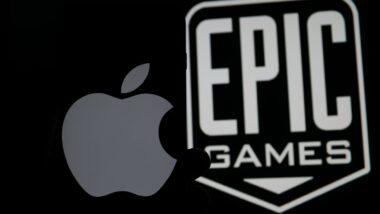
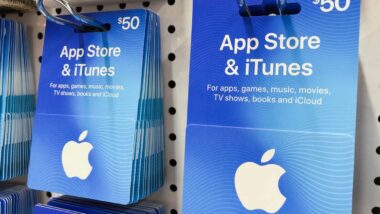

One thought on Apple iPhone App Antitrust Class Action Revived on Appeal
Add me